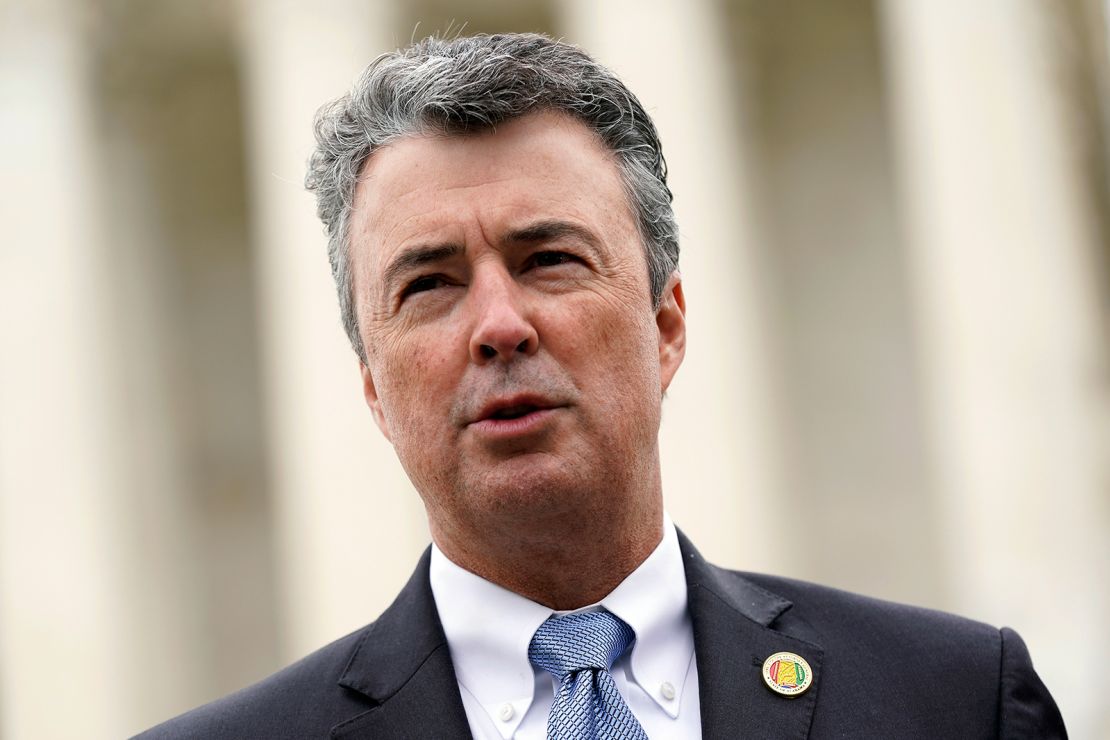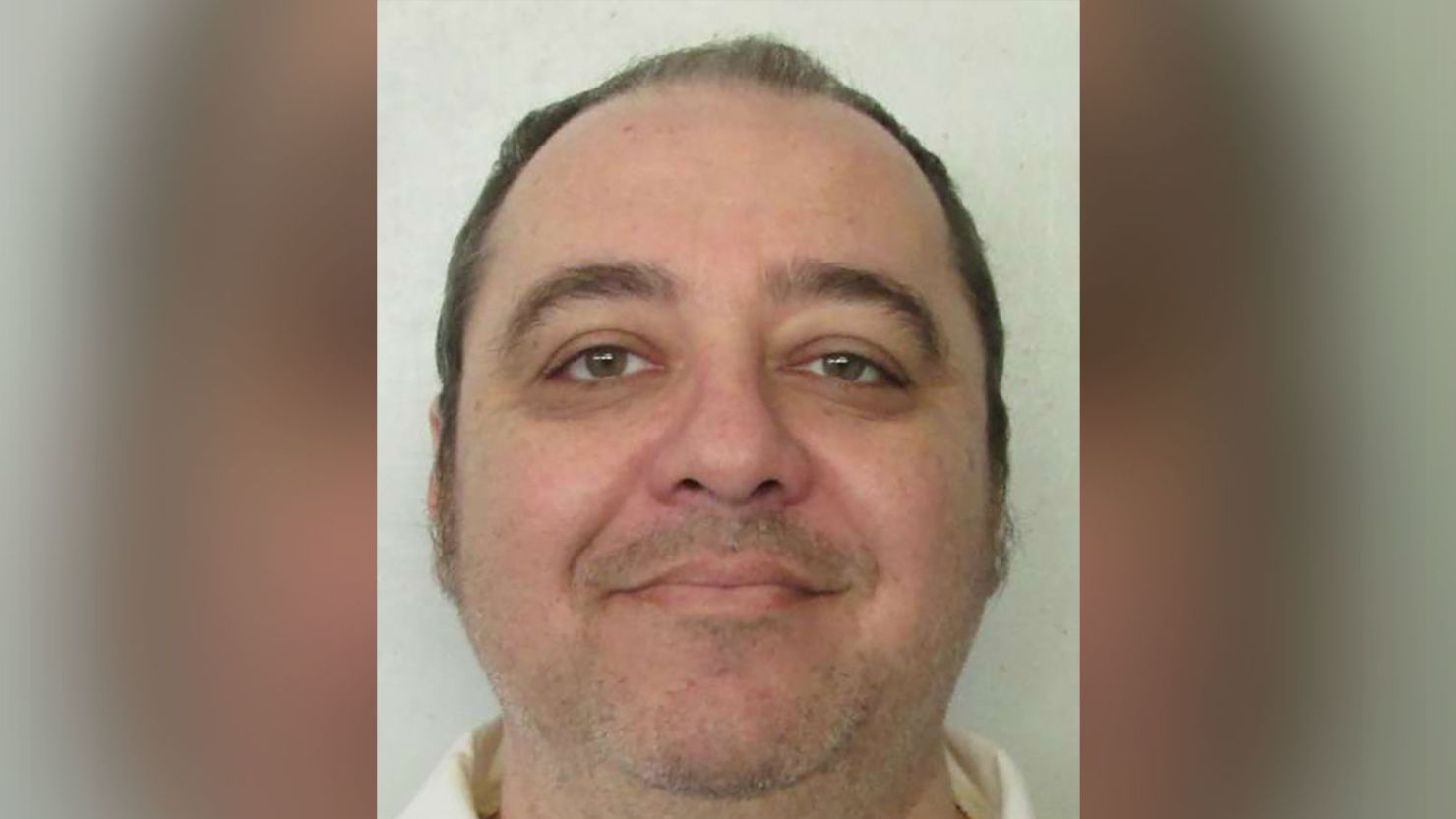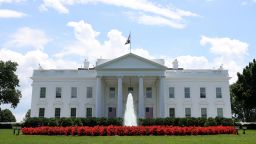Alabama has scheduled the nation’s first execution by nitrogen hypoxia, an alternative to lethal injection, its Republican governor said.
Kenneth Eugene Smith’s execution by lethal injection was abruptly canceled in November after the state couldn’t properly set the IV line before the warrant for execution expired. He asked the state to be put to death by nitrogen gas rather than lethal injection after what he called a botched execution.
Smith’s execution now is set to take place between January 25 and 26, according to a news release from Gov. Kay Ivey.
Death by nitrogen hypoxia deprives the brain and body of oxygen, so the inmate would die by suffocation, according to the Death Penalty Information Center, a non-profit that monitors, analyzes and disseminates information about capital punishment.
The new development in Smith’s case comes after Alabama paused executions last fall and reviewed its execution process after problems with lethal injections came into the national spotlight.
Alabama finalized the first-ever execution protocols for the new method in August after its legislature in 2018 approved the alternative method to lethal injection, the Death Penalty Information Center said. The state has 165 inmates on death row, according to the state department of corrections.
Still, Smith’s attorneys nodded to other unresolved issues related to the case and said they are “disappointed” the governor has “apparently” set an execution date for their client, according to their statement Wednesday to CNN.

“We will continue to pursue the enforcement of Mr. Smith’s rights through the judicial process,” the statement reads. “Like the eleven jurors who did not believe Mr. Smith should be executed, we remain hopeful that those who review this case will see that a second attempt to execute Mr. Smith – this time with an experimental, never-before-used method and with a protocol that has never been fully disclosed to him or his counsel – is unwarranted and unjust.”
The US Supreme Court in May sided with Smith’s request to be killed by nitrogen gas. The court’s action came after the justices divided 6-3 earlier in the term to allow Smith’s execution to go forward by lethal injection.
Smith was convicted for the 1988 murder, with an accomplice, of Elizabeth Dorlene Sennett in a murder-for-hire plot. The two were hired by Sennett’s husband, who was involved in an affair and had taken out a large insurance policy on his wife, CNN previously reported.
Smith’s case was tried by a jury twice, Alabama Attorney General Steve Marshall has noted, both of which resulted in convictions. In his 1996 retrial, Smith’s jury voted 11-1 for a recommendation of a life sentence, but a judge overruled that and imposed the death penalty.
Correction: An earlier version of this story misstated the year in which a jury recommended a life sentence. It was in 1996.
CNN’s Jamiel Lynch, Ariane De Vogue and Dakin Andone contributed to this report







